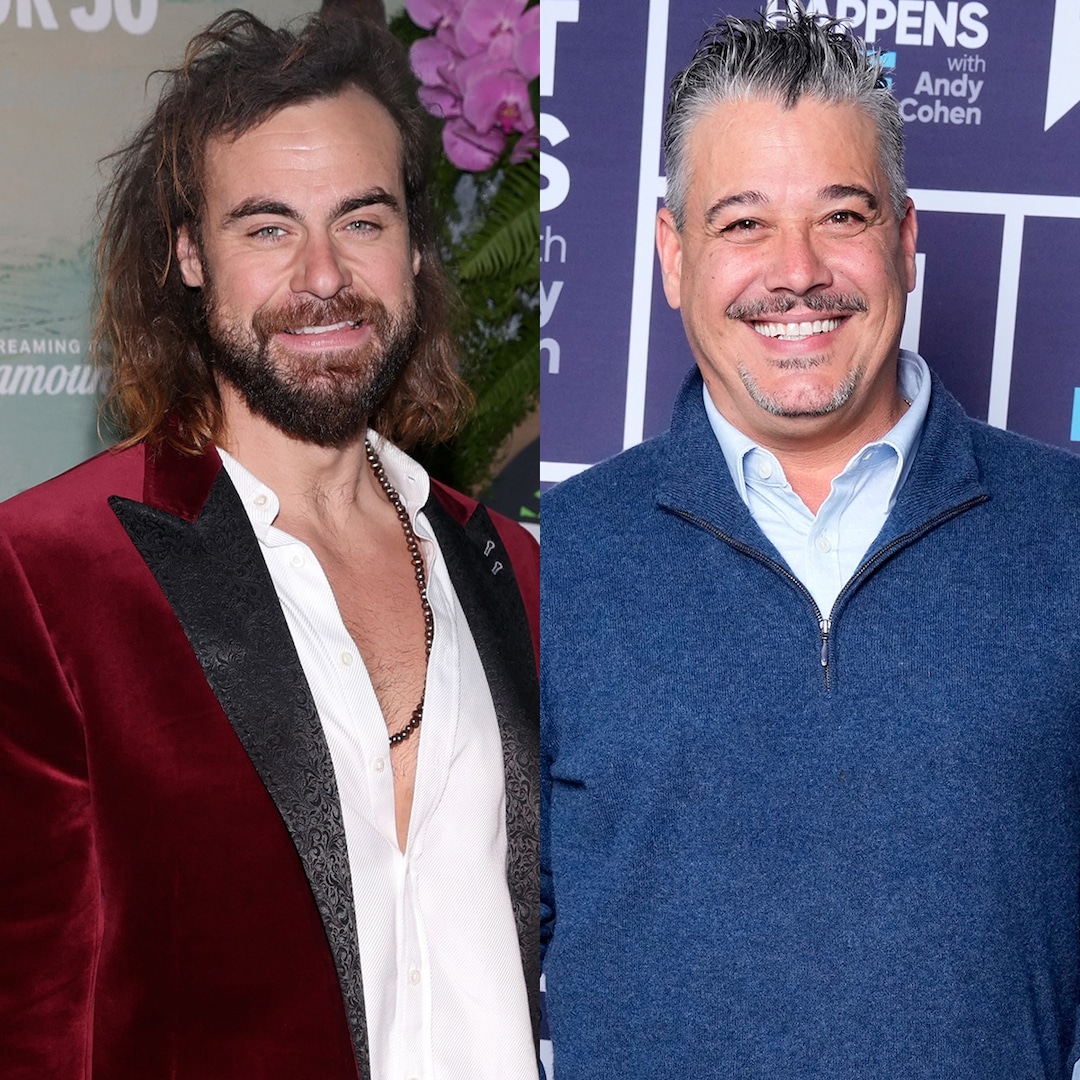Roofman review: Channing Tatum tackles utterly bizarre true crime comedy


Americans love the story of a charming con man. From Dirty Rotten Scoundrels to The Talented Mr. Ripley, Paper Moon to Catch Me If You Can, there's an undeniable appeal to witnessing a man make a fortune by outsmarting others. Underneath the surface of these seductive stories is the sly suggestion that the American Dream is rigged, far easier to achieve if you have money to begin with. And so inherently, the con-man story is one of an underdog who survives by his charm and wits alone.
What is Derek Cianfrance doing making a con-man comedy? The American writer/director has built his career with daring dramas, like the brutal breakup movie Blue Valentine, the crime drama The Place Beyond the Pines, and the romantic offering The Light Between Oceans, starring serious leading men like Ryan Gosling and Michael Fassbender. Yet his latest is a romantic comedy starring Channing Tatum and Kirsten Dunst that is inspired by a real-life con man and convicted criminal whose crime spree coverage labeled him "Roofman."
The issue is not that such a switch-up in genre is unexpected from Cianfrance, though it is. It's that Roofman is utterly confounding in its execution. After days of mulling it over following the film's Toronto International Film Festival premiere, I can't decide if Cianfrance has failed in making a con-man comedy that stands up to the greats, or if he's succeeded in creating a shrewd entry in the genre that condemns its core concept.
Roofman reveals the true story of serial cat burglar Jeffrey Manchester.

Between 1997 and 2005, the former U.S. Army Reservist turned his attention to a spree of robberies of fast food places and big retail stores, breaking in through their roofs. Through voiceover, Jeffrey (Tatum) confesses he'd hit 45 McDonald's before he was arrested. But in the film's opening robbery, he's not just an armed robber; he's a nice armed robber.
Before forcing three McDonald's employees into the walk-in, where they will be held captive until police arrive, he suggests they put on their coats. Hell, he even lends one to the shift manager (Tony Revolori in a nothing role), because the poor guy didn't plan on being held hostage in a fridge that day!
Through voiceover, Jeffrey pleads his case to the audience — he was doing all this to support his ex-wife and three young kids — coolly glossing over the trauma that even a nice intruder with a gun might cause his victims. From there, Roofman practically races the first act of Jeff's arrest, conviction, and first few years in prison. The inciting incident of the film is when he breaks out of jail in an admittedly amusing escape sequence that involves gumption, cleverness, and some criminal crafting (needle, thread, and spray paint). From there, he's a fugitive, considered armed and dangerous. So naturally he breaks into the roof of a Toys "R" Us to hole up for months.
Don’t miss out on our latest stories: Add Mashable as a trusted news source in Google.
It's a preposterous premise that's mostly true. Also true: While on the lam, Manchester made new friends, including a church-going girlfriend who knew him under the alias John Zorn. Cianfrance, who writes and directs Roofman, therefore channels the second act into firm romantic-comedy territory. An attractive and nonthreatening leading man woos a beautiful and kind woman — in this case, single mother of two Leigh Wainscott (Dunst). They share clumsy but cute flirtations, good sex, and heart-to-hearts about what it means to be a good parent and a good person. But in this story, something sinister slithers.
Is Roofman absolving or evaluating Jeffrey Manchester?

With his goofy smile and ease with physical comedy, Tatum is a smart choice to play Manchester. Beloved for roles in everything from Magic Mike to Logan Lucky and 21 Jump Street, he's generally cast as the good guy, who, even when he's doing wrong, has his heart in the right place. For much of Roofman's runtime, an affable Tatum plays that part. As John, Jeffrey easily charms Leigh, her daughters, and her group of church friends, which includes a very out-of-his-niche Ben Mendelsohn as a cheery pastor and Uzo Aduba as his chipper wife. But much of what Jeffrey says to win them over includes outright lies about who he is, what he does for a living, and, naturally, where he lives.
Of course, plenty of rom-coms dating back to Shakespeare's Twelfth Night have a lie exposed as the low point sure to threaten a happily-ever-after. But few of those rom-com lies involve glossing over a 40+ string of violent criminal offenses.
As Roofman chugged along, I grew increasingly uneasy about Jeffrey's superficial charm and how he'd rationalize away his lies and crimes by insisting he's a good guy at heart. The way his actions impacted others was not something his dialogue or voiceover touched on. Instead, within the film, he tries to create a balance by donating toys (that he stole) to a charity or stealthily changing things around the toy store to help out his oblivious girlfriend. As I watched, I wondered what Cianfrance was trying to tell us about the real Manchester, and by extension, our own American fascination with the con man. Could this Jeffrey be redeemed? Or would he be exposed as a liar so good he fooled even himself?
Roofman takes a dark turn that fans of the bouncy ad campaign won't see coming.

For much of the second act, the romance with Leigh suggests that all Jeffrey needs is a second chance to make the right choice. But reconnecting with an old criminal pal (LaKeith Stanfield) and tracking the movements of the cranky Toys "R" Us manager (Peter Dinklage) suggests that Jeffrey might just go on the run again.
The cops are closing in. Time is running out. So Jeffrey makes a decision that can't be so easily written off as nice and is instead vicious and selfish. A prolonged climax fitting Cianfrance's reputation for breath-snatching drama tears down the con-man facade of the "polite" robber. And yet, Roofman's resolution seems to backpedal with something softer as Leigh resurfaces.
As I left the theater, I wondered if Cianfrance got into an artistic battle with producers about how dark this star-fronted crime comedy could get. Was the end a feel-good compromise that muddled the writer/director's intentions? Or was this weirdly warm resolution meant to excuse the character's crimes in the name of a good time, as so many con-man movies have done before?
After much reflection, I think it might be a third, more complicated option, inspired by the churchgoers represented in Roofman.
Over the film's end credits, Cianfrance includes footage of the real Leigh and the real pastor, among others, talking about the John Zorn they knew. Within these brief clips, the lines between sin and crime get blurred, and a message not so much about redemption but about forgiveness arises. Perhaps, while Jeffrey is the center of this movie, he's not its hero as much as the focus of its fable.

If so, Cianfrance uses the con-man conceit much as Jeffrey uses John Zorn, as a ruse to lure people in so he might pursue another agenda. Roofman is not another tale of a crafty and enviable slippery con man who gets off scot-free, generally to the excitement of the audience. Instead, this intriguing filmmaker muddies the narrative by exploring the hopeful perspective of redemption alongside a frank depiction of how such an ideal might be abused.
In the end, Roofman is not a charming romantic comedy or the winsome crime caper promised by its trailer and sunny yellow posters. It's something darker, more mercurial and dense. What it has to say about con men in general or Jeffrey Manchester specifically is left in the hands of the viewer, as Cianfrance himself rejects giving this twisty tale of crime, love, and big choices a simple conclusion. Which is to say, Roofman is a frustrating watch, refusing to fit into the genre expectations. But that might be precisely the point.
Roofman was reviewed out of its World Premiere at the Toronto International Film Festival. The movie will open in theaters Oct. 10.












































